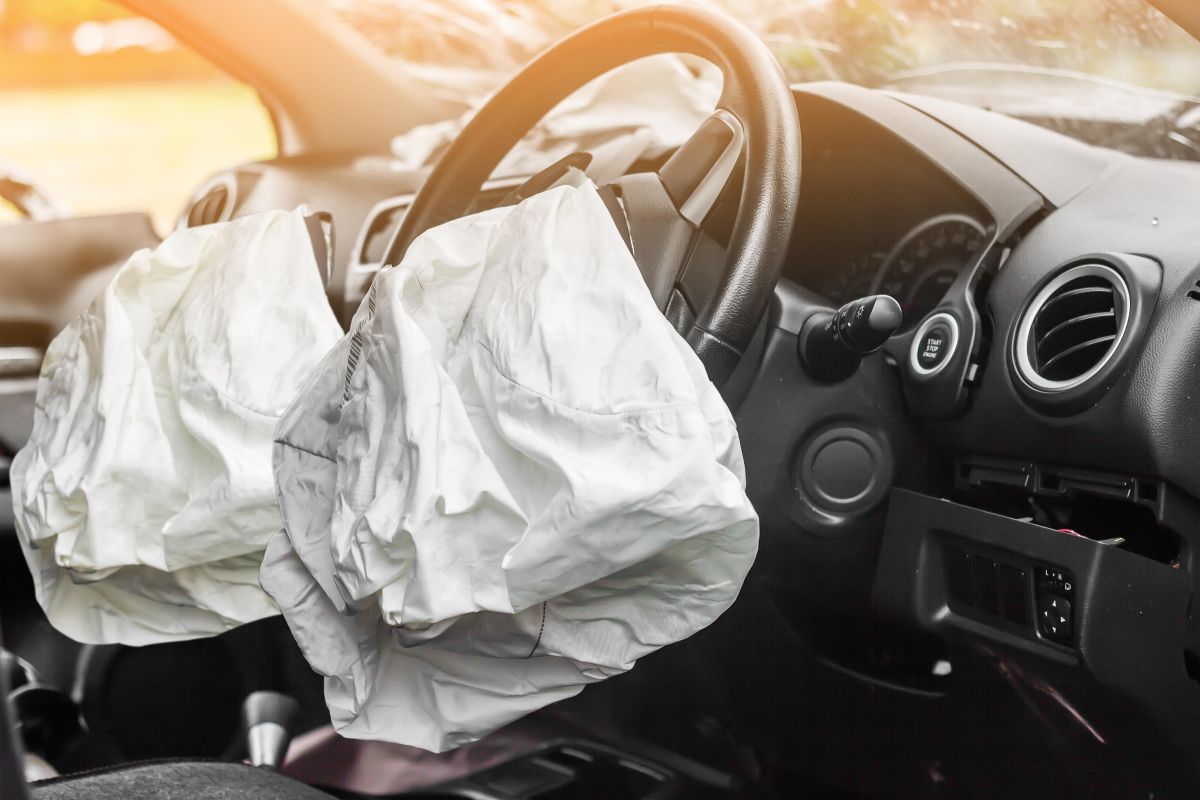Two Missouri laws set to take effect Aug. 28 will impact collision shops’ installation of airbags and electric vehicle (EV) charging costs.
The first bill, Senate Bill (SB) 1276, will prohibit repair shops from fitting cars with airbags that don’t align with specific federal safety regulations, or that are defective or counterfeit.
Collision repair shops that “knowingly and intentionally” install such airbags and supplemental parts could be found guilty of a Missouri Class E felony, which carries up to a four-year prison sentence.
The new Missouri law follows similar laws regarding airbags recently enacted in Mississippi, Utah and Illinois.
The statute defines a “nonfunctional airbag” as a replacement airbag that was previously deployed or damaged, includes a part to disguise its malfunction, or has an electric fault detectable via the car’s diagnostic system.
SB 1276 defines a “counterfeit” component as one that displays a mark “identical or substantially similar to the genuine mark of a motor vehicle manufacturer” or parts supplier without authorization from that manufacturer or supplier.
The legislation stipulates that airbags will have to be installed according to vehicle manufacturers’ design, and all other parts of an automotive supplemental restraint system will be required to hew to federal safety standards for the particular make, model and year of the vehicle.
Missouri SB 1038 will impose a 5-cent-per-kilowatt hour tax on electricity flowing from public charging stations to EV batteries, granting a 10-year exemption for stations that didn’t operate before 2024.
That new charging station tax will be active for nearly 2.5 years before Missouri implements reductions in alternative fuel decal fees, starting Jan. 1, 2027, in an amount equal to revenue generated by the charging station tax to activate Aug. 28.
When EV taxes rise, consumers often turn to purchasing used cars, which can benefit the aftermarket and collision repair industry.
The legislation also enacts an EV task force to recommend that Missouri state government take several actions to fund transportation infrastructure while anticipating reportedly “more widespread adoption” of EVs. According to the law, the task force will analyze issues including potential loss in fuel tax revenue, EV incentives and “service” to areas of the state lacking EV charging locations.
While the legislation does not explicitly call for the task force to include representation from the collision repair industry, the bill directs the group to select professionals both from the “petroleum industry or convenience stores” and from “conventional motor vehicle manufacturers or dealers.”
Two more bills that were under consideration are still sitting in committees and will not take effect anytime soon.
SB 1516 would have exempted St. Charles, Franklin and Jefferson counties from state vehicle emissions inspections. Currently, Missouri requires emissions testing prior to completing vehicle registrations in those three counties, as well as St. Louis County and St. Louis City. The bill, which was proposed to also go into effect Aug. 28, was never heard in committee.
House Bill 1507 would have required any business repairing a motor vehicle to confirm the vehicle’s registration is current and ban fixes or maintenance if the registration wasn’t current. It has been pending in the Missouri House Special Committee on Government Accountability since Feb. 22.
The Missouri House has been in recess since May 30. It is set to convene a veto session Sept. 11, and will begin its next regular legislative session Jan. 3, 2025.















Brian Bradley